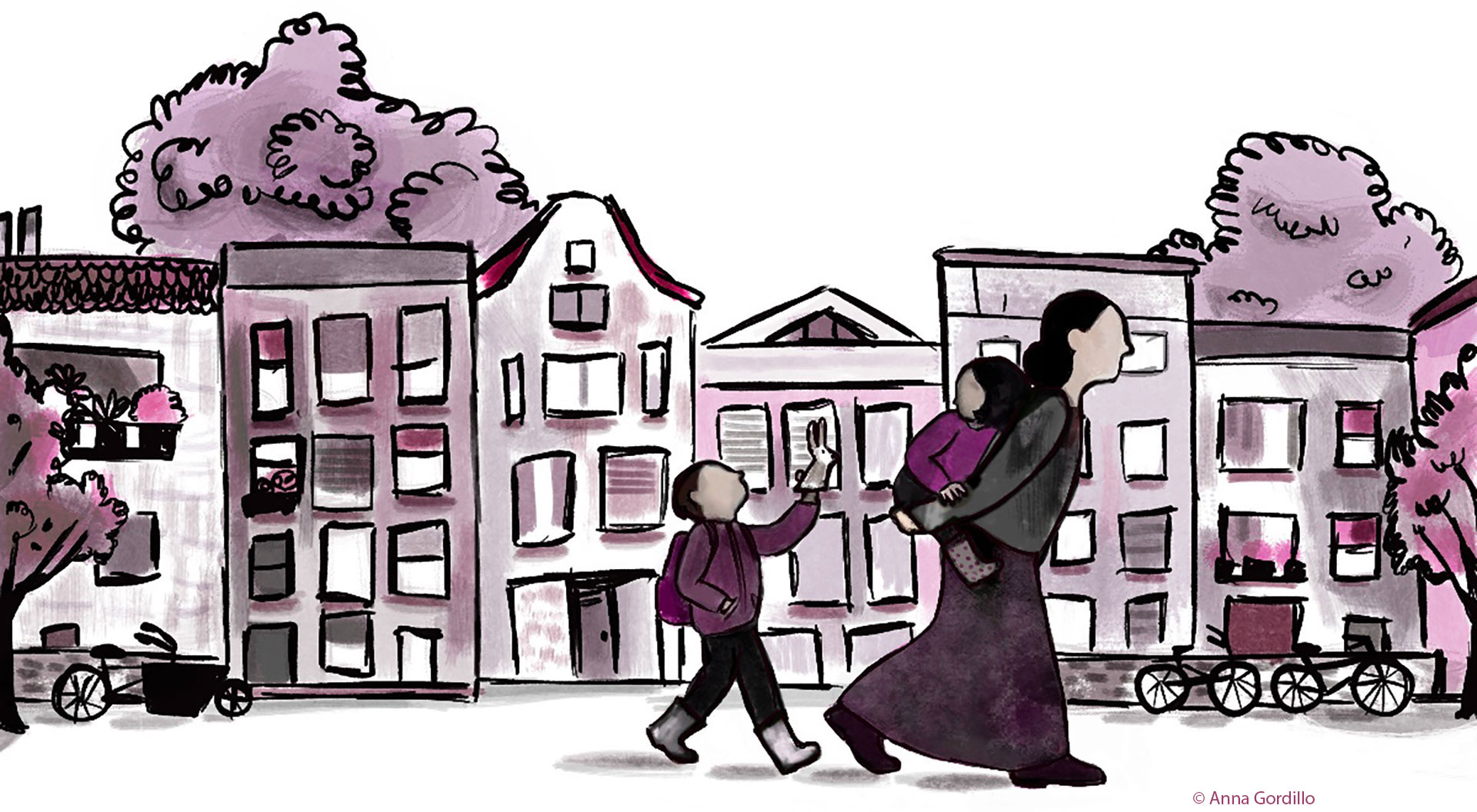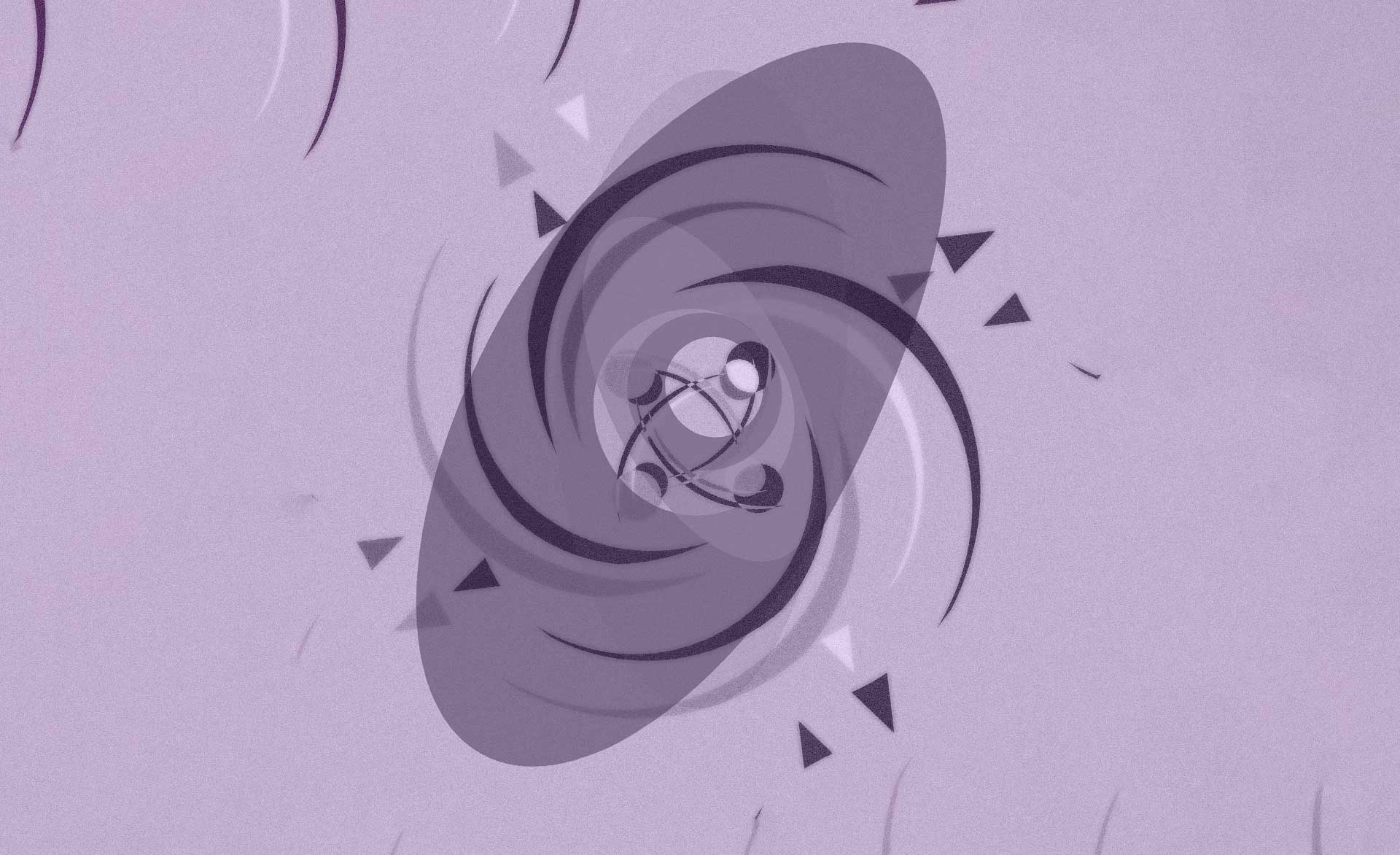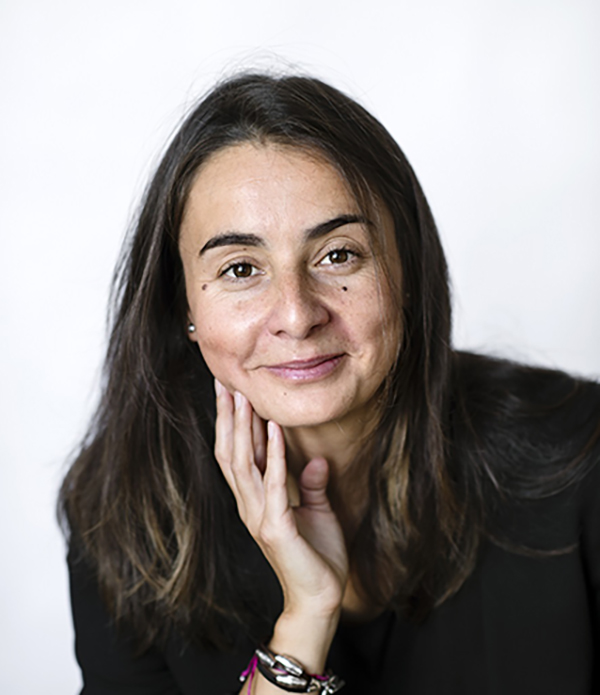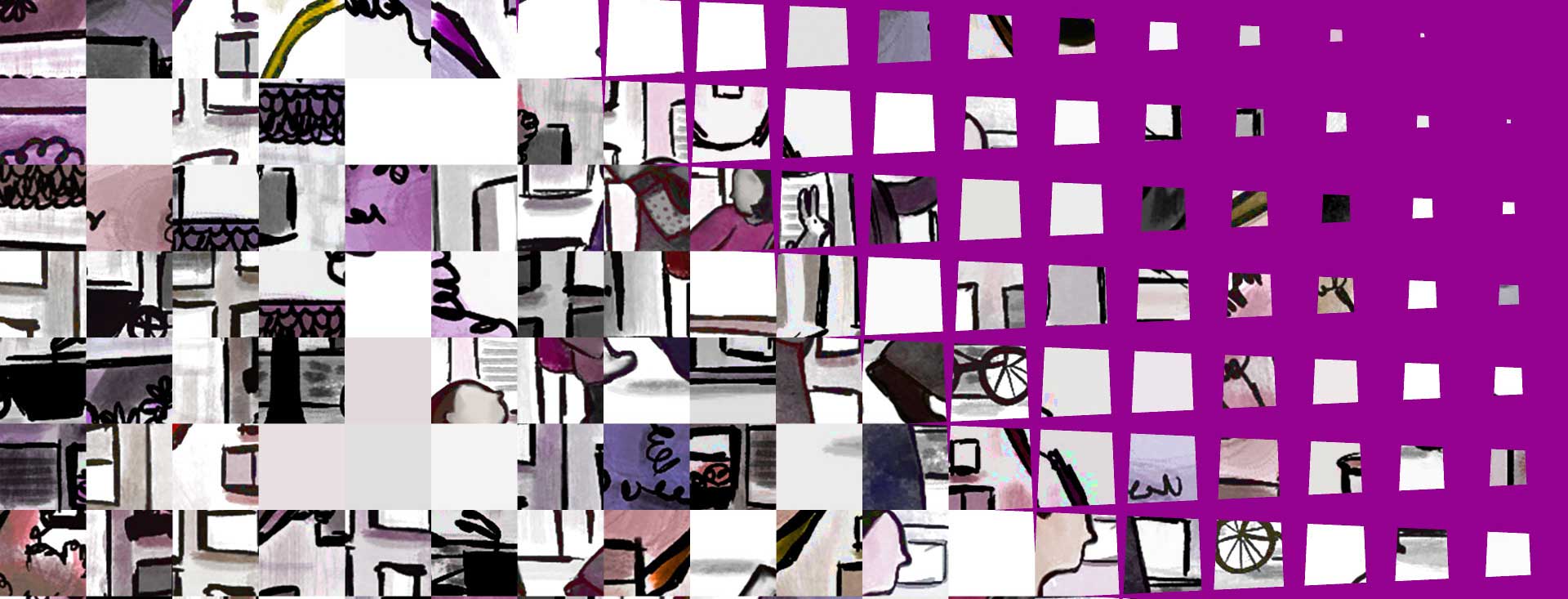Family reunification & refugee integration
The impact of ‘the deserving mother’
in the context of the UK and Denmark
About the Project
This project sets out to investigate how refugee families that have experienced family separation, and potentially family reunion, experience everyday life in the UK and Denmark. This project has a specific interest in the experiences of refugee mothers who may have been separated from their children, spouses or other family members. I seek to understand how refugee mothers negotiate access to benefits and rights for themselves and their families. Focusing on refugee mothers, who were either the sponsors or beneficiaries of family reunification, I will examine the politics and practices around ‘deservingness’: who is deemed as (un)deserving and who decides? I want to study how family relations and motherhood are transformed when refugee families are separated and how they construct new forms of kin and navigate complex welfare systems.
From an ethnographic approach, I will examine the encounters between the refugee women and different advocates and welfare state actors who provide support in different areas including education, health or access to labour.
I aim to explore how interrelated understandings of motherhood, parenting and family are negotiated in welfare spaces with civil society actors and a range of frontline welfare workers, and within the families. This study has a cross-national dimension including the UK and Denmark; these two countries, despite their historically different welfare regimes and refugee policies, currently converge in their punitive immigration policy approaches.
This study aims to provide new insights into how ‘the deserving mother’ can further the integration of reunified family members, especially their children. It will allow to examine and understand the lived experiences of refugee families from the perspective of the mothers and provide a nuanced understanding of the challenges that families, advocates and frontline welfare workers face. This project aims to advance the state of the art in the interstices of motherhood, family reunification and integration studies.

Research Questions

1.
How is the category of the ‘deserving refugee mother’ shaped by refugee mothers and advocates, and how is this label used and challenged in negotiations of deservingness to services with frontline welfare workers?
2.
How are refugee mothers’ understandings of ‘good mothering’ transformed through encounters with advocates and frontline welfare workers, and how do they negotiate different, and at times contradictory, understandings with frontline welfare workers?
3.
How do refugee mothers negotiate their role as mothers/care-givers within their families after a period of separation when potentially the state or another family member has taken the role as parents?

Research Design
This multi-sited ethnographic study take will take place through two waves of fieldwork in England and Denmark.
I will use three ethnographic methods:
Participant Observation
I will do participant observation in key sites that may include: health centres, children’s schools, adult language schools, and third sector advocacy organizations where I will observe how negotiations to entitlements are discussed and determined between refugee mothers, advocates and frontline workers.
Semi-structured interviews
Interviews will be done with refugee mothers and other family members, advocates and frontline welfare actors including (i) policymakers at national and local level (ii) civil society organization representatives and NGO/CSO workers and volunteers who have first-hand experience providing support refugee mothers and families, (iii) service providers including job centre workers and English language teachers who support refugee mothers in their integration processes.
Walking ethnography
I will do walking ethnography that will involve interlocutors guiding he researcher in key locations where deservingness is shaped.

Andrea Verdasco
I am a Marie Curie Postdoctoral Fellow at the Thomas Coram Research Unit (TCRU), Social Research Institute at UCL. My fellowship is funded by the UK Research and Innovation (UKRI). I hold a PhD in anthropology from the University of Copenhagen (2018). In my dissertation Coming of Age in Asylum I investigated how young refugees who arrived during the 2015 ‘refugee crisis’ in Denmark as unaccompanied asylum-seeking minors constructed a sense of belonging through social relations despite the uncertainty and temporality of their situations. Prior to this fellowship, I was a Postdoctoral Fellow at Aarhus University also based at TCRU. I investigated public perceptions of the reception of Ukrainian families that have settled in the UK, specifically Cambridgeshire.
My research interests lie at the interstices of motherhood, childhood, families and intergenerational relationships in the context of refugeehood. From a methodological perspective, my work is grounded in ethnographic accounts through participatory approaches. I have a multi-disciplinary background having studied translation and conference interpretation studies, migration and development studies (SOAS 2010) and anthropology. Prior to joining academia, I worked as a practitioner in different roles for NGOs as well as with IOM Tanzania, UNICEF Mozambique and the Office of Research of UNICEF.

